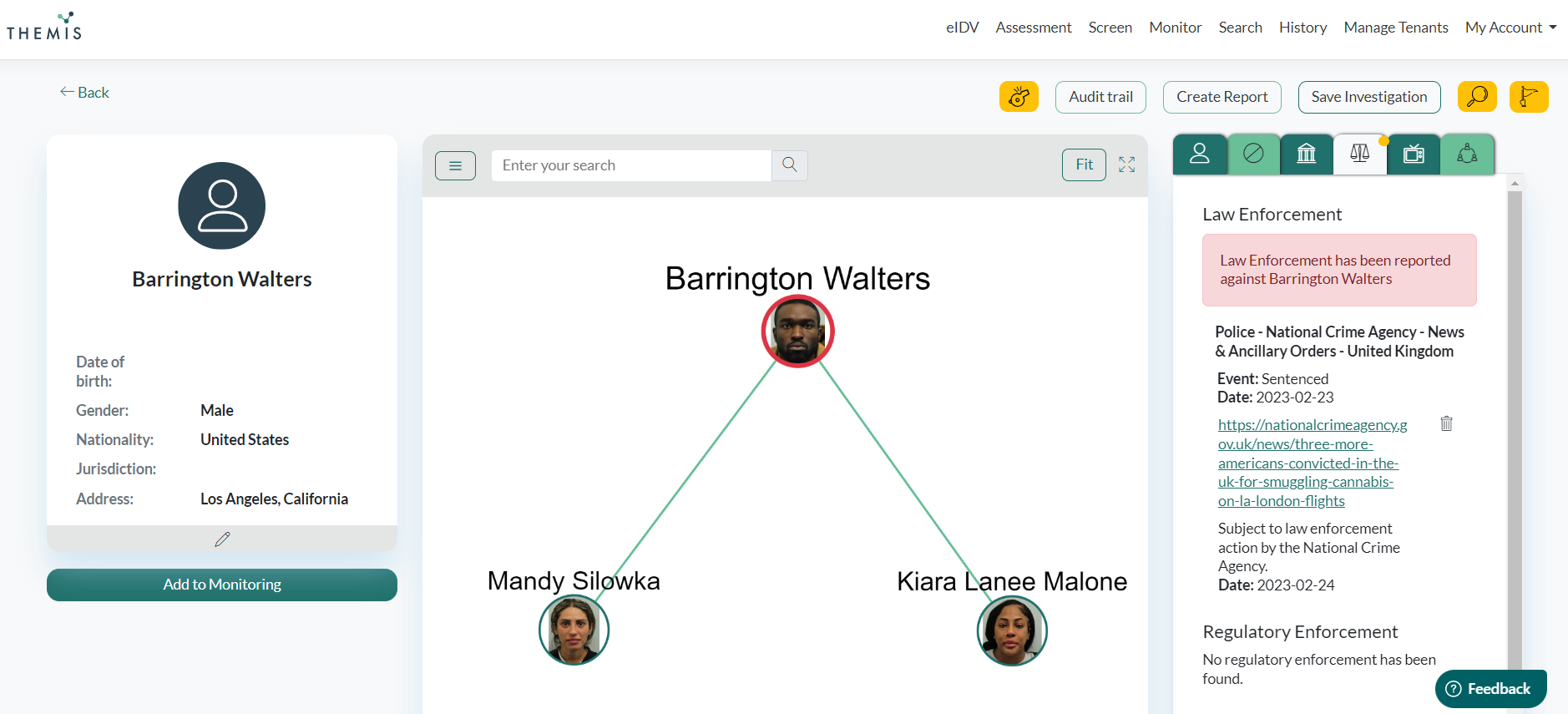13 June 2023
Cannabis has been legalised for both medical and recreational use in a number of countries over the past decade and more countries are expected to follow suit; this trend has fuelled tremendous growth in this market, with global revenue projected to reach US$47.2 billion in 2023 and increase by 12.7% per annum thereafter. As a result, the industry has benefited from massive investment as more and more individuals and organisations seek to profit from this growth. The fact that cannabis remains illegal across most of the world, however, has given rise to questions over whether the proceeds generated in a jurisdiction where cannabis is legal are classed as the proceeds of crime in jurisdictions where it is illegal. We find that this is ultimately a legal quagmire which requires further clarification from the government.
Cannabis is a Class B drug in the UK; this means that possession is punishable by up to 5 years in prison while production and supply are punishable by up to 14 years in prison. While there is no question over the legality of cannabis proceeds generated in the UK in light of this, the matter is far less clear when the proceeds are generated in a jurisdiction where cannabis is legal. The first point of reference for the latter is the Proceeds of Crime Act 2002 (POCA), which is a key piece of anti-money laundering legislation in the UK. According to the POCA, an individual commits a crime if they:
-
conceal, disguise, convert, transfer or remove criminal property;
-
enter into or become concerned in an arrangement which a person knows or suspects facilitates the acquisition, retention, use or control of criminal property by or on behalf of another person; and
-
acquire, use or have possession of criminal property.
The reference to ‘criminal property’ means that cannabis proceeds generated in a jurisdiction where cannabis is legal will fall under the POCA due to cannabis’ status in the UK; this has reportedly been confirmed by the UK’s Financial Conduct Authority. However, the fact that the POCA did not contain an overseas exception meant that it was recognised as being too broad in scope. As a result, it was amended by the Serious Organised Crime and Police Act 2005 (SOCPA) which stated that an offence would not be committed provided that:
-
the person knows, or believes on reasonable grounds, that the relevant criminal conduct occurred in a particular country or territory outside the United Kingdom;
-
the relevant criminal conduct was not, at the time it occurred, unlawful under the criminal law then applying in that country or territory; and
-
the relevant criminal conduct is not a description prescribed by an order made by the Secretary of State.
This is broadly referred to as the ‘Spanish Bullfighter’ exception as it means that a bullfighter working in Spain would not be committing an offence under the POCA if they brought their earnings to the UK as bullfighting is legal in most parts of Spain. While at first glance one may assume that this would apply to those dealing with cannabis proceeds generated legally, Article 2(2) of the Proceeds of Crime Act 2002 (Money Laundering: Exceptions to Overseas Conduct Defence) Order 2006 states that conduct which would constitute an offence punishable by over 12 months’ imprisonment does not fall under the exception. The fact that cannabis offences typically exceed 12 months means that there is continued uncertainty over the legality of foreign cannabis proceeds in the UK. It therefore comes as no surprise that both the Law Commission of England Wales and the UK All Party Parliamentary Group for Cannabidoil have called for the Proceeds of Crime Act 2002 to be reformed.
While there is yet to be a conviction for money laundering where an individual or organisation has brought cannabis proceeds generated legally in another country into the UK, it is clearly vital for businesses to take the necessary steps to limit their risk exposure, given this continued legal uncertainty.

Themis Search can be used to screen clients, suppliers and third parties for a range of financial crime offences, including drug dealing and money laundering. This is highlighted by a search for Barrington Walters, for example; he was convicted, alongside his co-defendants Mandy Silowka and Kiara Lanee Malone, for importing over £1.7m worth of cannabis into the UK in January 2023, as illustrated in the Themis Search risk map above. Significantly, Themis Search also provides you with access to our Special Interest List, which is our proprietary database of financial crime related conviction data; this data allows you to see the links between drug dealing and other financial crimes, such as modern slavery and human trafficking. If you are conscious of limiting your exposure to the growing threats of financial and reputational risk, please book a demo of Themis Search and our Special Interest List here.